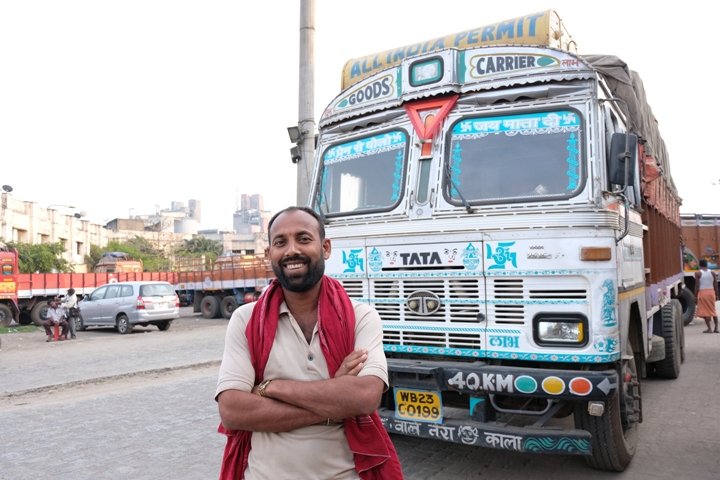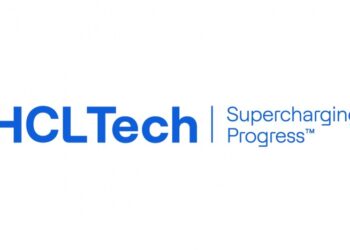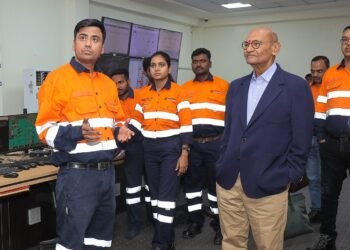As a leading stakeholder in the construction industry, Ambuja Cements Ltd. welcomes over 10,000 truckers a day at each of their 24 cement units across India. Truck terminals near ACL cement plants like Dhulagarh in Sankrail, Kolkata team with truckers who have been on the road, away from their families for extended periods of time – driving in difficult road conditions, covering vast distances during gruelling working hours.
As a result, the physical/mental health and wellbeing of these truckers is a major issue. Of grave concern, the prevalence of HIV/AIDs is high among truckers, due to tendency to access commercial sex workers whilst on their journeys – where all truckers do not use a condom.
Ambuja Cement Foundation (ACF), the CSR arm of Ambuja Cements Ltd decided to catalyse a Private-Private Partnership to tackle this problem – joining hands with Apollo Tyres Foundation and later on the Government also joining in as a partner- established a healthcare centre at the Dhulagarh Truck Terminal in 2009. With trucker’s being a key stakeholder for Apollo Tyres, the trucking community is also a strategic focus for the tyre company’s CSR.
Located in the heart of the Truck Centre, the healthcare hub offers a range of health services, such as the prevention, identification and treatment of HIV/ AIDS along with other sexually transmitted diseases. It also offers additional services in vision care, tuberculosis awareness and non-communicable diseases, such as high blood pressure and diabetes.
As part of the program, implemented by ACF, truckers are educated on necessary lifestyles changes, early diagnosis and treatment of communicable and non-communicable diseases. With a heavy focus on Behaviour Change Communication, regular puppet shows are conducted, and information stalls run, to engage with truckers and teach them better ways to protect and manage their health.
Over time, the partnership began to see changes as a result of the program. Footfall in the Clinic increased from 2704 in 2009-10 to 5921 in 2020. Additionally, the percentage of patients with sexually transmitted diseases against footfall decreased from 824 to 252 largely thanks to the sale of condoms which has increased from 7814 in 2009-10 to over 9 lakhs till date.
With such success, ACF and Apollo Tyres Foundation decided to expand the programme to other key locations where a high volume of truckers were prevalent – establishing similar Healthcare Centres in Surat, Farakka and Nalagarh where trucks converge at Truck Terminals.
During COVID -19, many truckers were displaced due to the immediate announcement of lockdown – leaving them helpless at truck terminals or at the plant sites. ACF, with Apollo Tyres Foundation and the ACL logistics team, immediately mapped the truckers and their needs – assisting them with accommodation at the health centre area and providing rations. They even sent frequent updates through voice messages, pictorial messages and animated videos to educate truckers on precautionary measures to be adhered in relation to COVID-19.
During partial lockdown, as the transport industry began to reignite, ACF took steps to reach out to approximately 25,000 truckers, distributing facemasks, sanitizers, pamphlets, demonstrating handwashing techniques, sharing video and audio messages on the virus, providing local helpline numbers, PDS information and more.
The ACF and Apollo Tyres Foundation collaboration is a strong example of peer collaboration in CSR to reach a marginalised population that is a common key stakeholder to both companies, and provides a leadership example to other corporates on how they too can work together to maximise impact in their CSR investments.






















